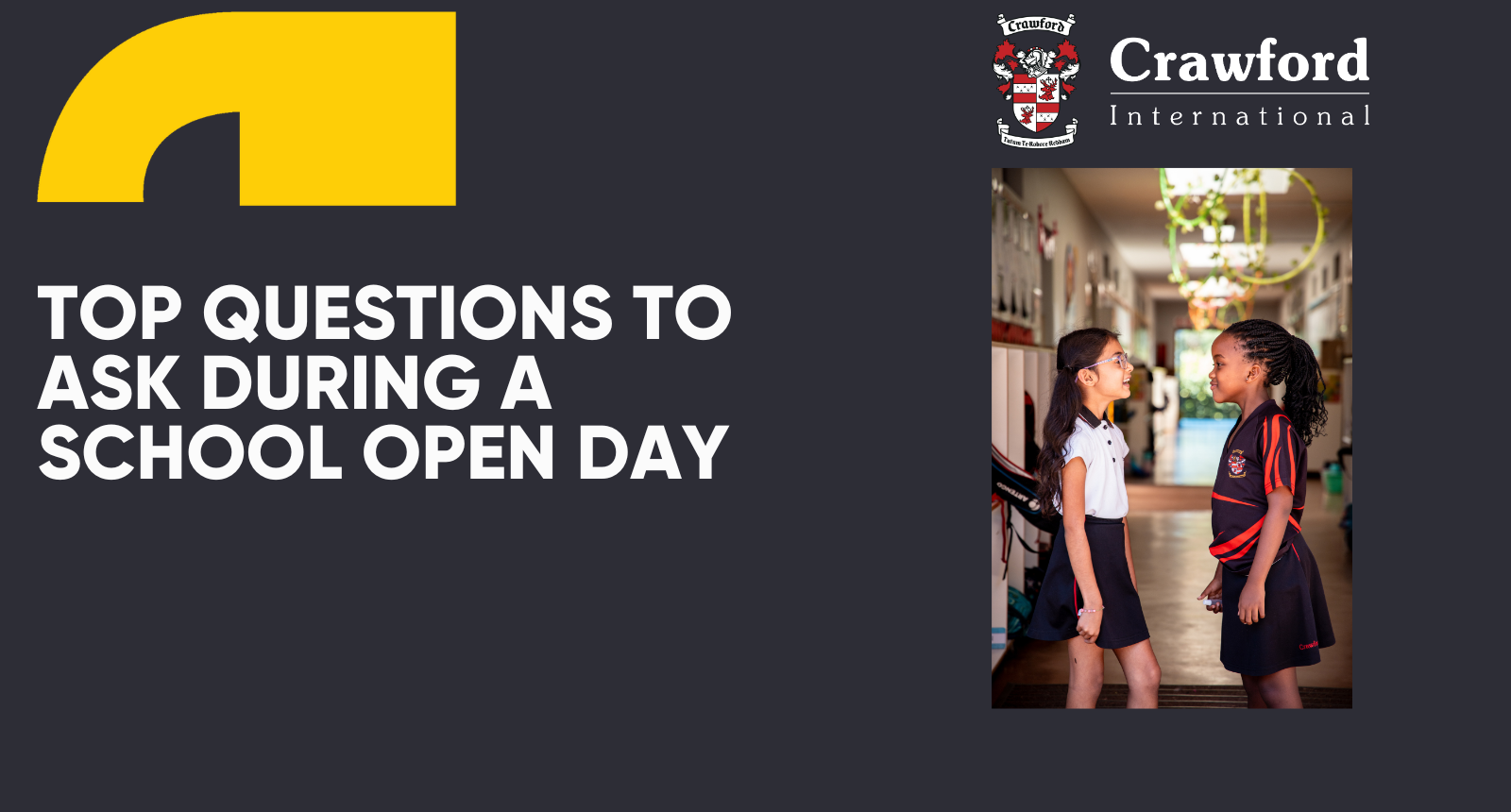Why you should read aloud to your kids!
October 28, 2022
There’s a reason why your child loves reading and re-reading the same books over and over again – and a reason why you should keep reading it with them.

We know that babies and young children are little sponges – they soak up every little bit of knowledge and experience, taking everything in to help them learn about their world. They are constantly seeking knowledge, and it’s our job as parents to give them opportunities to do this.
Research published in the Paediatrics journal shows that regularly reading to preschool children engages the parts of their brains that have to do with comprehension and mental imagery. What this means is that their future reading skills, word recognition, vocabulary, and more get a boost when your read aloud to them. What’s more, repeatedly reading their favourite books boost their vocabulary by as much as 40%.
Benefits of reading aloud
You don’t need an entire library of books to read to your child – all it takes is a few appealing reads. Then, find a quiet spot to curl up together and reap the rewards of reading to your child:
Bonding
Because story time usually happen in a calm space where you get to focus only on your child, reading to your child is a great way for you and your child to connect. It’s also a great way to unwind together after a busy day. The result is that your child feels safe and secure when you read to them, and the bond between you is strengthened. This also helps your child develop a natural love of reading and books, which help them as they grow older.
What’s more, reading gives dad, grandpa and even uncles time to bond with your child too. Research has also found that men are also fun readers, as they use different voices and even view the content through a new perspective. Having different experiences of being read to aloud increases the benefits your child enjoys from it.
Language and intellectual development
A study published in the Child Language Teaching and Therapy journal showed that babies who are read to by their caregivers have stronger language and problem-solving skills. What’s more, this continues through to the teen years – children who have had plenty of verbal interaction with their parents have higher language and IQ scores up to the age of 14.
You’ll also see an effect on your child’s attention span. When they’re engaged in listening to a story, they tend to sit still for longer. Their memory skills are also getting a boost.
Fluency comes into play here too. They hear you read a book, transforming words on a page into a fluid story. This not only helps them learn how to talk fluently, but also shows them what fluent reading looks and sounds like, which will help them in their early school years.
And perhaps more than any other benefit, reading aloud to your child piques their creativity. They get to jump into whole new worlds with you, exploring things and concepts beyond the real world. Delving into fantasy this way, with someone they feel safe with, let‘s them explore problems and solutions and think about them out of the box.
Vocabulary
Children who are regularly read to in the five years leading up to Grade 0 are exposed to a whopping 1.4 million more individual words than children who aren’t read to, says a 2019 study. Just imagine how that affects how many words and their meanings your child understands. To help capitalise on this, look for interesting or unknown words in any book and talk to your child about what they mean.
Comprehension and listening skills
Comprehension is all about understanding what has been read or said, and plays a big role in developing good listening skills. When you read aloud to your child they have to listen carefully to make sense of the story. Every time you reread a book, that skill gets strengthened as they listen and pick up new details that may have been previously missed. Research has also shown that these skills are also vital before children are able to become self-sufficient readers.
Life lessons
Books and stories give you a chance to expose your child to real-world situations in a safe, age-appropriate way. Because they get to see everyday kids do everyday things and work through problems as characters, they can see how the challenges they may be facing can be dealt with. It also gives you the opportunity to chat through things like starting a new school, feeling scared about something, learning something new, and to show your child that these kinds of feelings are normal.
Makes reading fun
Enjoying the world of books together helps your child see reading as fun, setting them up as lifelong readers. When you read with them, use different voices for the different characters, point out the pictures and predict what’s going to happen next, ask them questions about what’s happening in the story. The aim is to get them engaged and to have fun together.
Read more insightful Crawford International parenting articles here.












